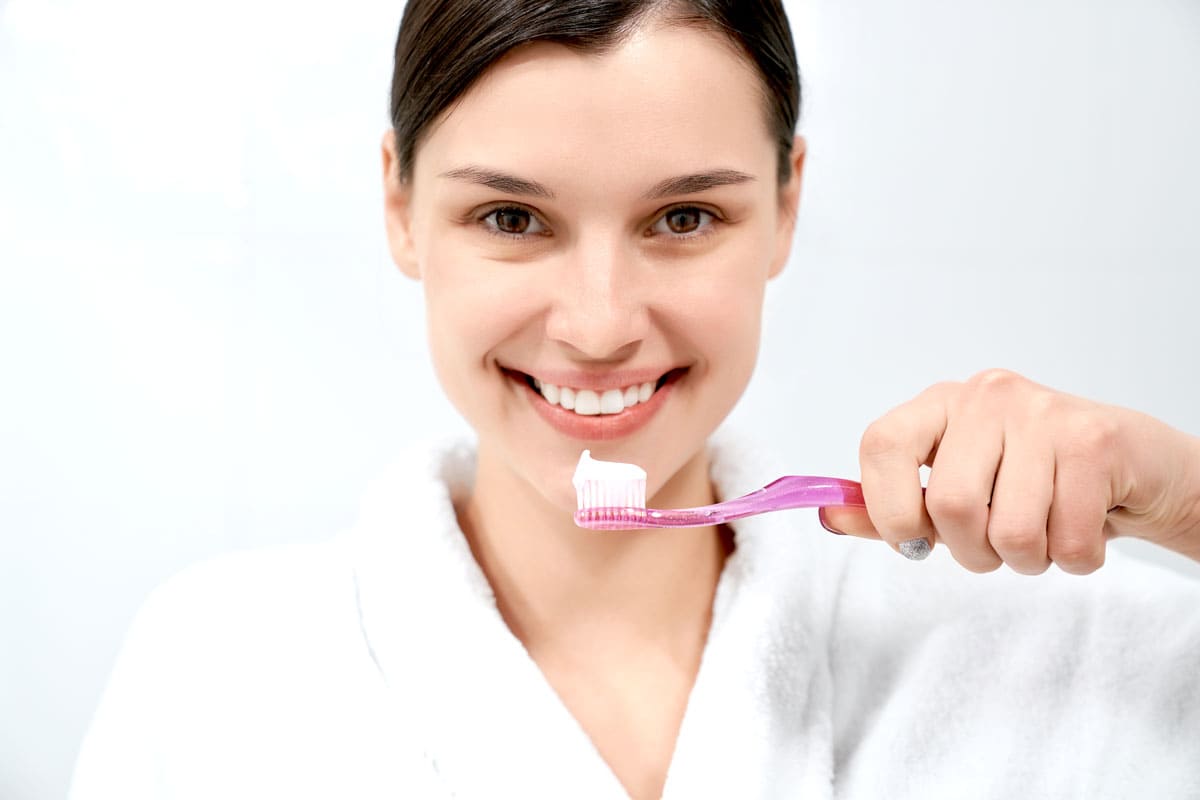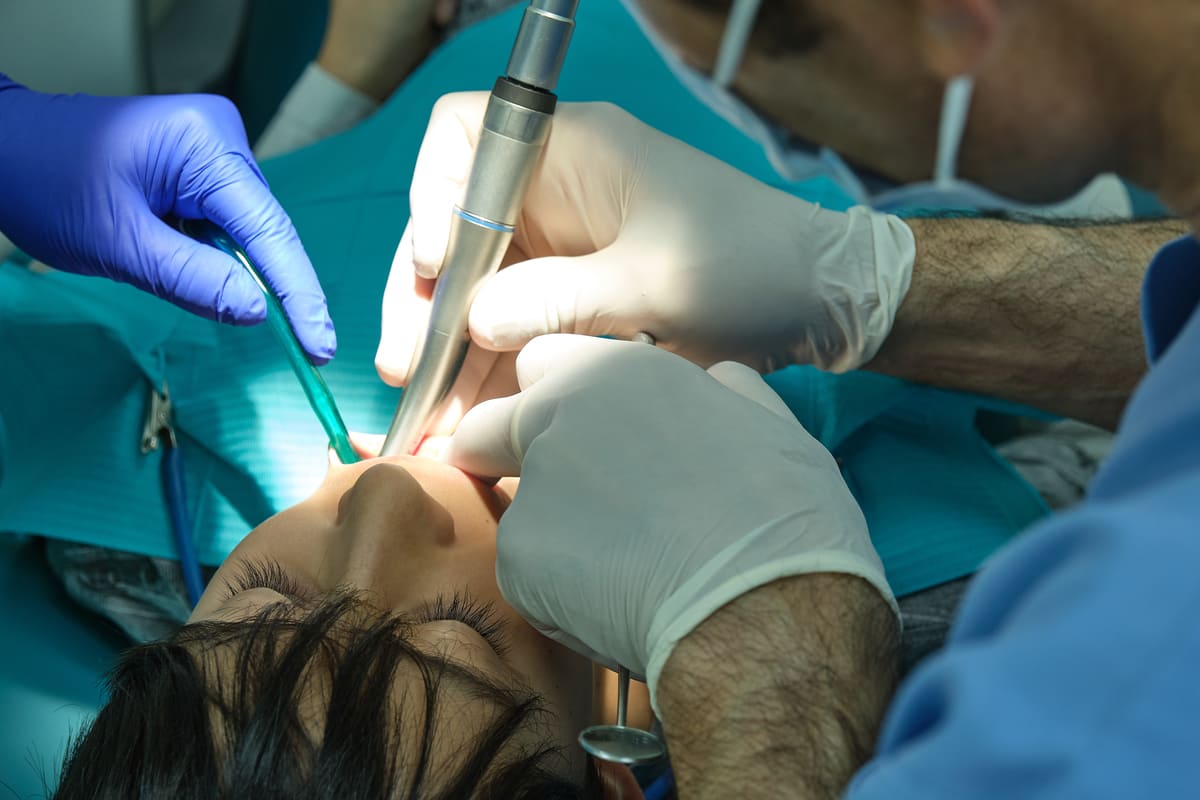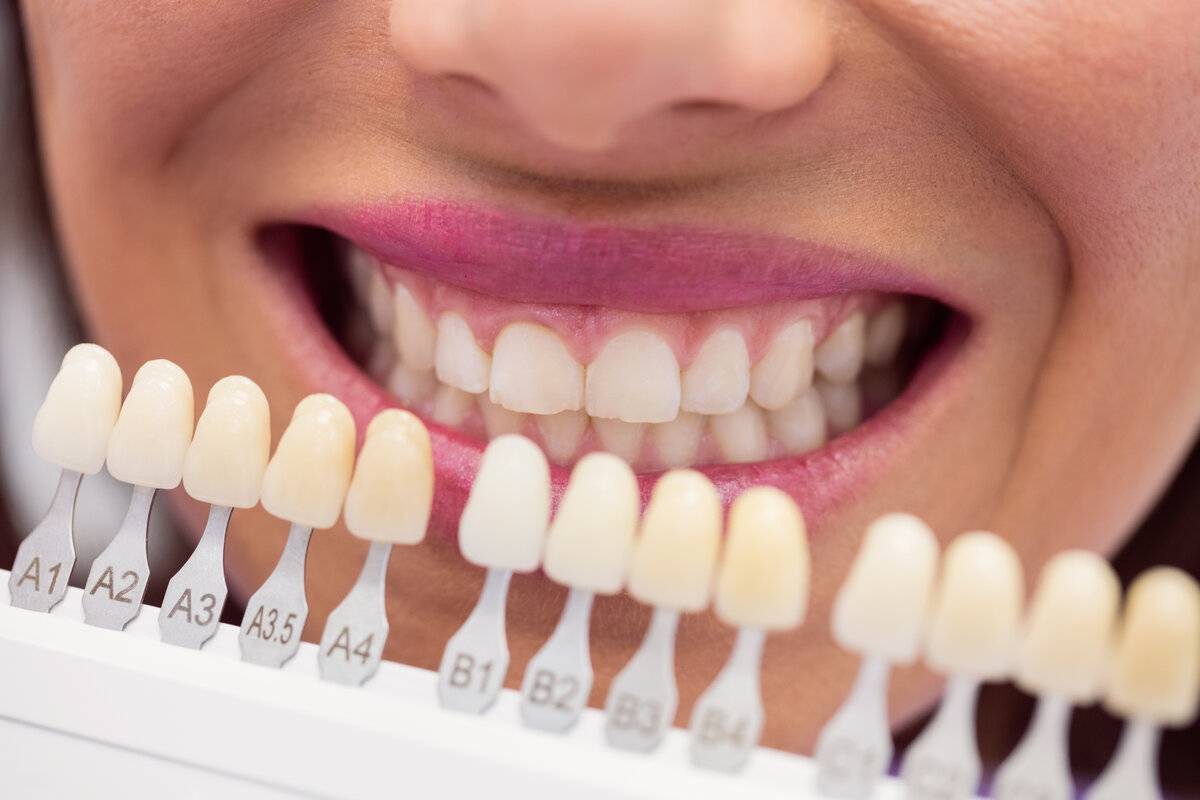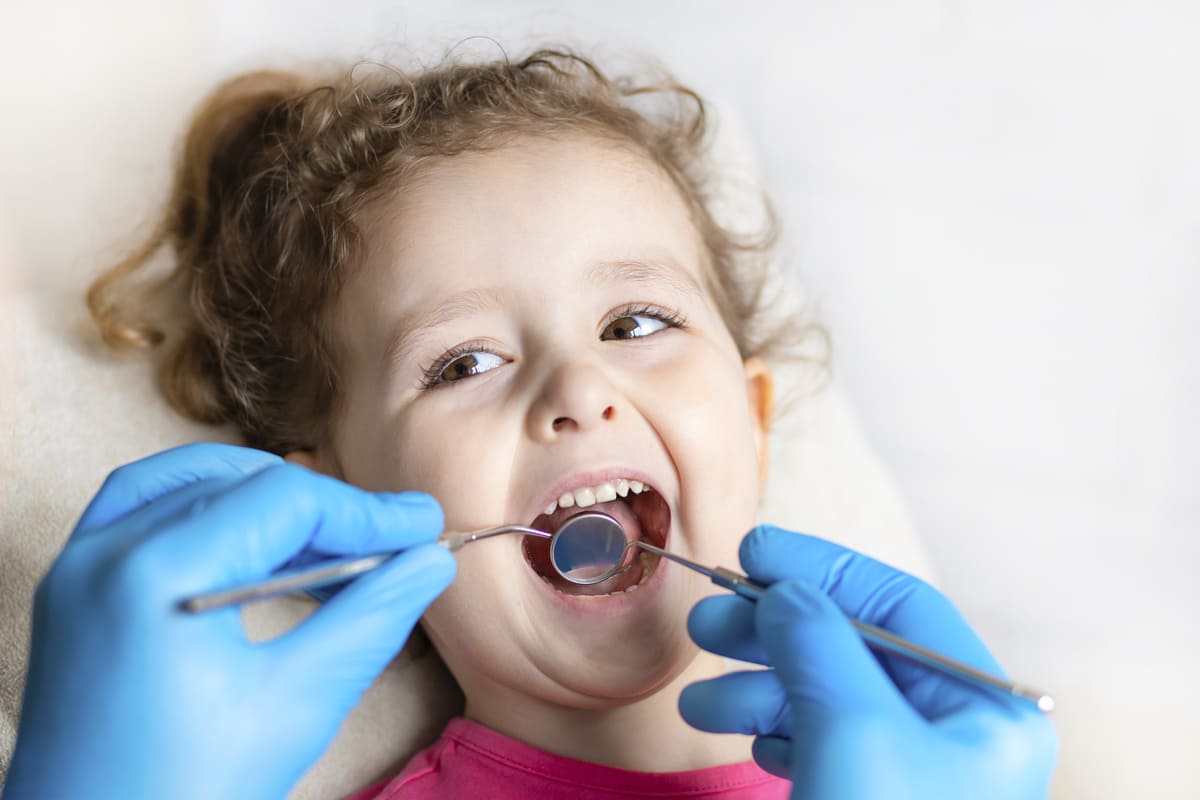If you’ve ever felt discomfort in your gums or been diagnosed with periodontitis, you know it’s not something to take lightly. At Medident, we are committed to giving you the tools and knowledge you need to deal with this condition and we want to explain how gum inflammation can be an early indicator of periodontitis and why proper brushing is more than just a hygiene habit – it’s an essential line of defence!
What is Periodontitis and why is it a threat to your health?
Periodontitis is an oral disease that goes beyond a simple inflammation of the gums. It is an infection that affects not only the gums, but also the bone that supports your teeth. If not properly addressed, it can lead to tooth loss and, more worryingly, has been linked to other health conditions such as heart disease and diabetes.
But what causes periodontitis? In most cases, it all starts with a build-up of bacterial plaque on the teeth. This plaque produces toxins that irritate the gums, leading to a periodontal infection. Symptoms of periodontitis can range from redness and bleeding gums to persistent bad breath and receding gums.
Gum Inflammation: The First Step to More Serious Periodontal Problems
wollen gums are a warning sign in your mouth and should not be ignored. This seemingly harmless symptom can be a prelude to more serious problems:
Recognising the Early Signs of Inflammation
Early symptoms of periodontitis include gums that are tender to the touch, red or purple and bleed during brushing or flossing. These symptoms are warning signs that should not be ignored, as they may be precursors to more advanced periodontal disease.
Why do gums become inflamed? Factors and Causes
The causes of periodontitis are multifactorial. Inadequate oral hygiene is one of the main causes, but factors such as genetics, smoking, and systemic diseases such as diabetes also play a role. The accumulation of plaque and tartar on the tooth surface creates an environment conducive to bacterial growth, leading to periodontal infection.
When to see a professional
If you experience periodontal pain, bleeding when brushing or flossing, or if you notice changes in the position of your teeth, it is time to consult a professional for an accurate diagnosis. Early diagnosis allows for more effective gum treatment and can prevent disease progression.
From gingivitis to periodontitis
Gingivitis is the initial stage of periodontal disease and, if left unaddressed, can lead to periodontitis. Unlike gingivitis, periodontitis can lead to destruction of the alveolar bone that supports the teeth, which can eventually result in tooth loss.
Consequences of untreated periodontitis and quality of life
Ignoring the symptoms of periodontitis and not seeking treatment can have serious repercussions on your quality of life. In addition to tooth loss, advanced periodontitis has been associated with an increased risk of cardiovascular disease, diabetes and other systemic conditions.
Proper Brushing: Your main ally against Periodontal disease
Your toothbrush is more than just a hygiene tool. Learn how to use it correctly and you can avoid serious complications:
How improper brushing can aggravate inflammation
Incorrect brushing is not only ineffective at removing plaque, it can also make the situation worse. Brushing too hard or with a hard-bristled toothbrush can irritate gums and increase periodontal inflammation, which can accelerate the progression of the disease.
Selection of oral hygiene tools
The choice of oral hygiene products is very important for effective treatment. Opt for soft bristled brushes and use periodontitis mouthwashes that contain antibacterial ingredients. Don’t forget flossing and interdental brushes, which are essential for removing plaque from hard-to-reach areas.
Correct brushing techniques
Brushing your teeth is not just about moving the brush up and down. Use gentle circular movements and make sure you reach all areas, including the gums and tongue. Effective brushing should last at least two minutes and is recommended at least twice a day to combat periodontal disease.
The Importance of Regular Dental Visits
Regular visits to the dentist are essential to maintain a healthy mouth and prevent tooth disease – don’t underestimate it!
Maintenance with Professional Cleanings
Professional cleanings go beyond what you can achieve with brushing and flossing at home. These cleanings remove tartar build-up and hard-to-reach bacteria, providing a healthier environment in your mouth.
Early detection of problems
Regular dental check-ups can identify signs of periodontal infection or other abnormalities before they become major problems. This facilitates more effective and less invasive treatment.
Dental health and aesthetics
Keeping your teeth and gums in good condition is not only beneficial for your health, but also improves your appearance. A healthy smile is a beautiful smile.
Oral hygiene education: Learning from the experts
Your dentist can offer personalised advice on how to improve your oral hygiene routine. From product selection to brushing techniques, learning from the experts is key.
Long-term cost savings
Prevention is always cheaper than treatment or cure. Regular visits to the dentist can avoid more expensive treatments in the future by detecting and treating problems in their early stages.
Treatment options for Periodontitis
If you’ve reached the point where prevention and regular dental visits haven’t been enough, don’t worry, there are several treatment strategies that can help you regain your oral health.
Scaling and root planing
This is one of the first lines of intervention to treat periodontal disease. The procedure involves the removal of plaque and tartar from the root surfaces of your teeth, followed by scaling to prevent future bacterial build-up.
Periodontal surgery
In more advanced cases, periodontal surgery may be necessary. This treatment for periodontitis aims to remove periodontal pockets and facilitate cleaning of the affected areas.
Use of antibiotics and antiseptics
Antibiotics and antiseptics, such as periodontitis mouthwashes, may be prescribed to control infection and complement other treatments.
Laser therapy: Advanced technology for periodontitis treatment
Laser therapy is a modern option that minimises pain and accelerates the healing process. This method uses advanced technology to precisely and effectively remove infected tissue.
Bone and Tissue Grafting
For cases where periodontitis has led to bone or tissue loss, grafting may be a viable solution. These procedures aim to regenerate lost tissue and provide stronger support for the teeth.
Conclusions
Periodontitis is a condition not to be taken lightly, but with proper treatment and good oral hygiene, it is possible to restore the health of your gums and teeth. If you have symptoms or concerns related to periodontitis, do not hesitate to seek professional care. At Medident Dental Clinic, we have a team of experts ready to help you every step of the way to combat this disease and improve your quality of life. Contact us today!









